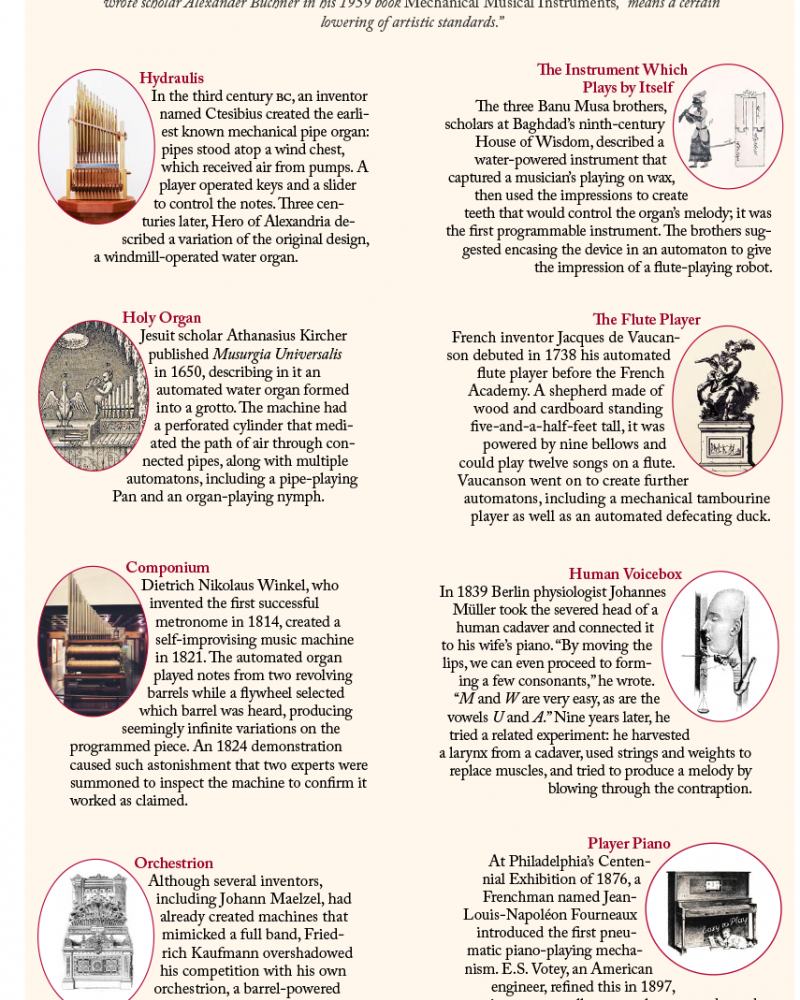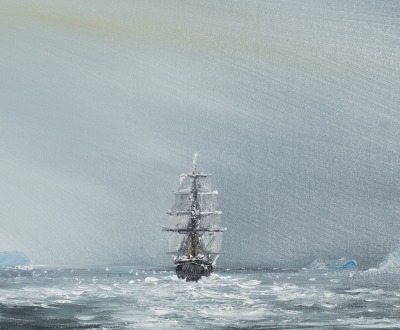Miscellany
In the 1860s, toward the end of his life, “father of computing” Charles Babbage “never abstained from the publication of his sentiments when he thought that his silence might imply his approbation,” wrote his friend Harry Buxton, “nor did he ever take refuge in silence when he believed it might be interpreted as cowardice.”
Miscellany
Students at the Federal Polytechnic Institute in Zurich wrote to Carl Jung in 1949 to ask what effect he thought technology had on the human psyche. “The danger lies not in technology,” Jung responded, “but in the possibilities awaiting discovery.” The question regarding new discoveries was “whether man is sufficiently equipped with reason to be able to resist the temptation to use them for destructive purposes.” This, Jung concluded, “experience alone can answer.”
Miscellany
Members inducted into the U.S. National Inventors Hall of Fame in 2010 included Yvonne Brill, whose electrothermal hydrazine thruster keeps satellites in space orbit, as well as Arthur Fry and Steven Silver, who created sticky notes (Fry, the concept; Silver, the glue). “Note: It took one woman to invent a rocket thruster,” wrote a Washington Post reporter about the induction ceremony, “and two men to invent Post-its.”
Pages



